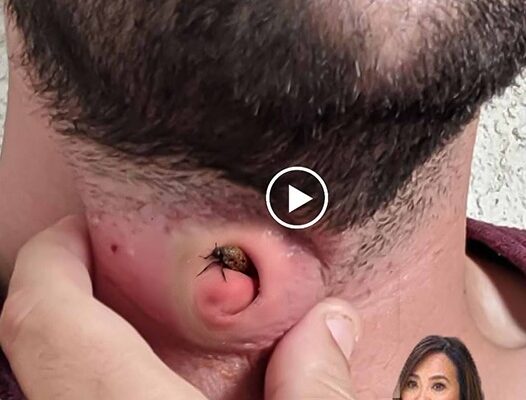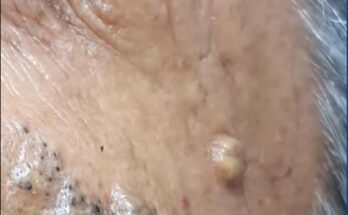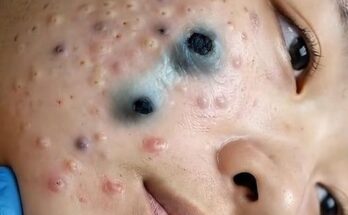But for those who struggle with acne, a question often arises: can alcohol affect the skin and make breakouts worse? The relationship between alcohol and acne is not always straightforward, but science and experience suggest that there are connections worth understanding.
By learning how alcohol can influence your skin, you can make more informed choices and support a clearer, healthier complexion.
Understanding Acne
Acne is a common skin condition that affects people of all ages, though it is especially frequent during the teenage and young adult years. It develops when hair follicles become clogged with oil, dead skin cells, and bacteria. Hormonal changes, stress, genetics, and lifestyle factors can all play a role in how often breakouts appear and how severe they become.
 While acne is not dangerous, it can affect confidence and emotional well-being. That’s why exploring possible contributing factors, including alcohol, can be helpful.
While acne is not dangerous, it can affect confidence and emotional well-being. That’s why exploring possible contributing factors, including alcohol, can be helpful.
How Alcohol Affects the Body
When alcohol enters the body, it travels through the bloodstream and affects multiple systems. The liver works hard to break it down, while other organs—including the skin—can experience side effects. Alcohol is a diuretic, which means it promotes water loss through urination. This can lead to dehydration, and dehydrated skin often appears dull, dry, and less resilient. Over time, dehydration may make the skin more sensitive and prone to irritation. In addition, alcohol can impact hormone levels, sleep quality, and digestion—all of which play a role in skin health. Poor sleep and nutrient absorption, for example, can interfere with the body’s ability to renew skin cells effectively.
Alcohol and Inflammation
One of the key links between alcohol and acne lies in inflammation. Alcohol can trigger inflammatory responses in the body, and acne is itself an inflammatory condition. When inflammation increases, existing breakouts can appear redder or more irritated. Some people may also notice that their skin reacts more strongly to small irritations or environmental stressors after drinking. Certain types of alcoholic drinks, such as those high in sugar or additives, may worsen this effect. Sweet cocktails, mixed drinks, and some wines contain added sugars that can cause blood sugar spikes. These spikes may encourage the body to produce more sebum, the natural oil that can clog pores when produced in excess.
The Role of Hormones
Hormones are another important factor in the relationship between alcohol and acne. Alcohol consumption can influence hormones such as cortisol and insulin. Cortisol, known as the stress hormone, can increase inflammation and oil production in the skin. Meanwhile, insulin helps regulate blood sugar levels, and when it fluctuates too much, it can indirectly encourage acne formation. For some people, alcohol may also interfere with normal hormone regulation, especially if consumed frequently. This can create imbalances that contribute to occasional flare-ups. It’s important to remember that everyone’s body reacts differently. Some people may notice that their skin breaks out after even a small amount of alcohol, while others may see no effect at all.


